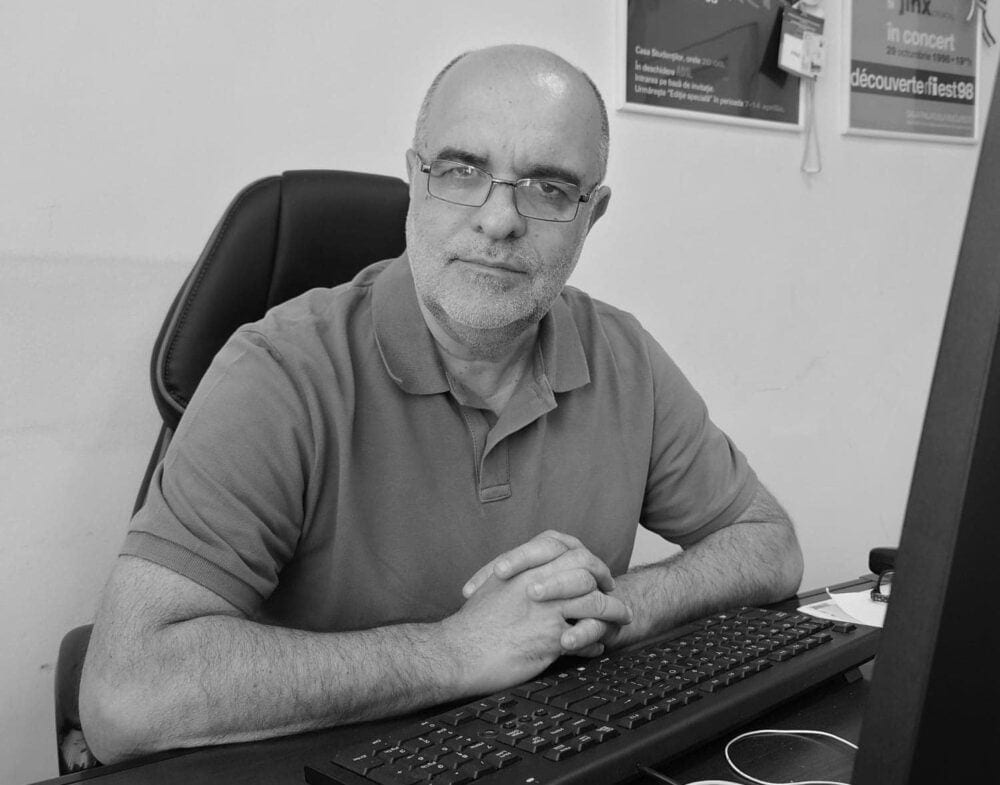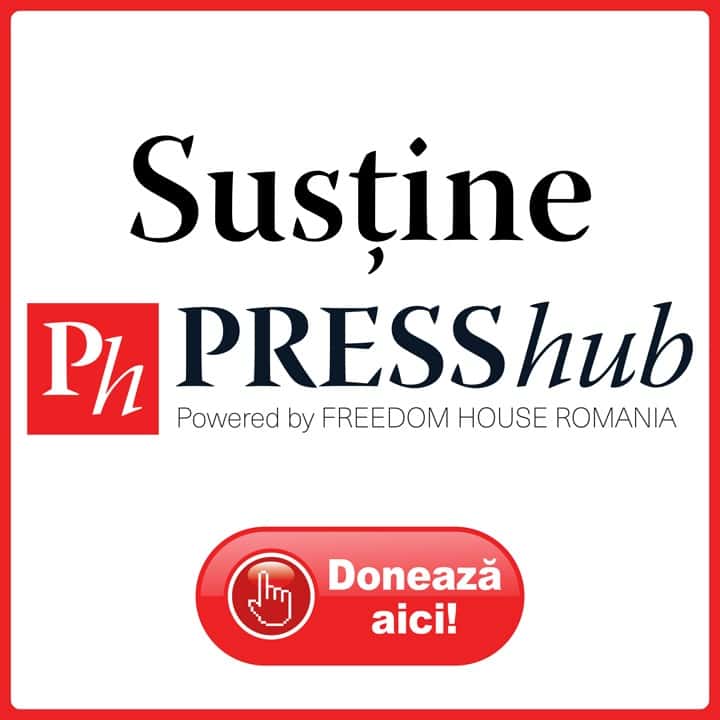Concerns about a new nuclear crisis have increased with Russia’s invasion of Ukraine. Annoyed by the lack of success on the battlefield and the unexpected resistance of the Ukrainians, the propagandists who appear night after night on Kremlin television stations have repeatedly called for the use of nuclear weapons against both their adversaries and their Western allies.
Beyond these outbursts bordering on insanity, military experts have admitted the possibility of Russia responding to fierce Ukrainian resistance with the use of tactical nuclear weapons.
Now, however, the main fears come from the nuclear power plant in Zaporozhye, a city under Russian occupation.
The plant is said to be the largest nuclear installation in Europe.
In recent days, the plant has been the target of bombings, which have hit certain installations, but without generating an increase in radiation levels. But the fears are great.
The International Atomic Energy Agency (IAEA) has drawn attention to the risk of a nuclear disaster.
Read also: Is Russia a state that encourages acts of terrorism?
Kiev blamed Russia for the bombings that damaged three radiation sensors and injured two employees. Ukrainian president Volodymyr Zelensky called for a strong international response to what he called Russian „nuclear terror”. For its part, Russia blamed Ukraine for the bombings, threatening „disastrous consequences” for Europe.
One thing is certain: the nuclear power plant on the territory of Ukraine is under the control of the Russian occupiers.
And the question is whether Moscow will show itself ready to go so far as to use it as a tool of blackmail against Ukraine and the West.
Blackmail has ultimately become one of Moscow’s favorite tools as Russian forces fail to conquer on the battlefield.
We had grain blackmail, with Russia threatening to trigger famine in a number of third world countries depending on imports from Ukraine.
We then had the gas blackmail – Moscow invoked technical problems for stopping deliveries through the North Stream 1 pipeline, but everyone understood it was a political gesture.
But these tools did not work.
Following an agreement under the auspices of the UN and mediated by Turkey, the first Ukrainian grain ships were able to leave the Black Sea ports.
As for the gas shutdown, the Europeans responded with a plan to save and diversify sources.
Russia has reached the paradoxical situation of having too much gas. Stopping production involves high costs, which Russia cannot afford. Warehouses are full and domestic demand has fallen sharply amid the economic collapse following sanctions.
Simply put, Russia no longer knows what to do with gas, as export capacities to other regions – China, for example – are drastically limited by the lack of infrastructure.
Russia’s two actions, blackmailing grain and blackmailing gas, have not destabilized the West and didn’t generate divisions among European Union members, as Moscow hoped.
Will the Kremlin now rely on the „nuclear option” to obtain from Ukraine and from the West what it cannot get by force of conventional weapons, on the battlefield?
This would turn Russia into a downright nuclear terrorist. Which, normally, should deter the decision-makers in Moscow.
Still, Putin’s Russia did not shy away from other sad firsts: it launched the first full-scale war of aggression in Europe since 1945.
It struck indiscriminately at civilian targets, reminiscent of the devastating bombings of World War II.
He resorted to massacres and deportations on a scale never seen in Europe since Nazism and Stalinism.
And in Moscow, with the military failures of recent weeks and the increasingly visible consequences of international sanctions, despair is high.
Citește varianta românească: Europa sub amenințarea nucleară. Devine Rusia un stat terorist?
Follow PressHUB on Google News!




